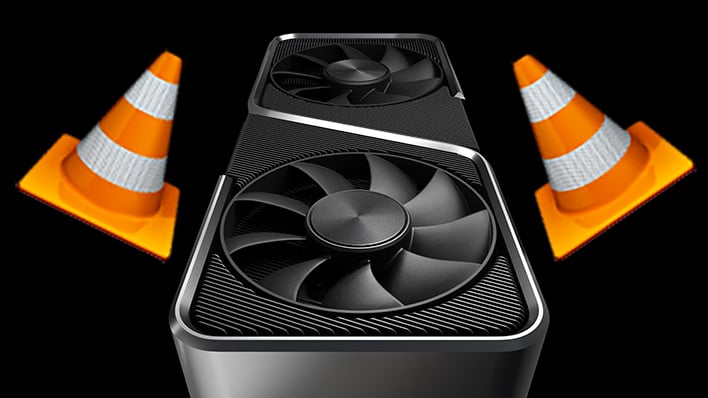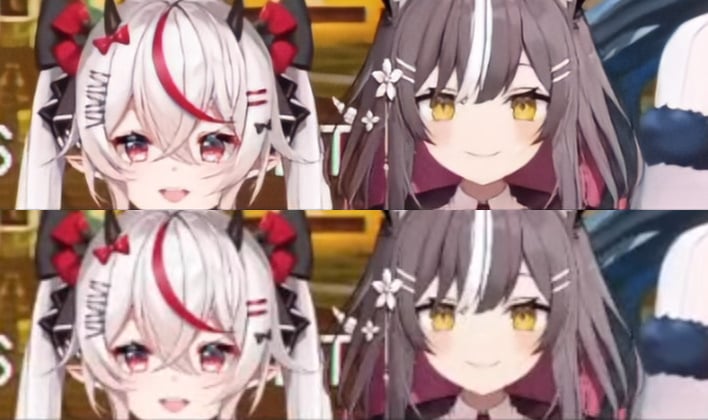VLC Media Player Just Got Even Better With NVIDIA Super Resolution Support

The creators of the VLC Video player have announced a new update spreading NVIDIA’s AI upscaling tech from online video playback with Chrome and Edge to offline movies and video playback with VLC. The update is available now with VLC Version 3.0.19.
NVIDIA RTX Video Super Resolution is a relatively new upscaling technology that upscales videos with machine learning (or AI). The tech works similarly to Deep Learning Super Sampling (or DLSS), but it upscales 2D videos instead of 3D video games. We noticed it is very effective at upscaling videos from 1080P to UHD 4K resolutions, especially in its highest quality setting, where it is capable of cleaning artifacts in low-resolution videos and makes the overall images sharper, especially in slower-paced scenes.

The only side effect of RTX Video Super Resolution is that it takes a lot of raw GPU compute power from an RTX 30 or RTX 40 series GPU to power the upscaler. We saw as high as 40% GPU usage with the tech’s highest quality setting, so power consumption will be a lot higher compared to running the video without RTX upscaling. This will mostly affect laptop users, and NVIDIA has taken note of this. The feature is disabled altogether when a laptop is running on battery.
Previously NVIDIA’s upscaling tech was only available in select Chromium browsers, including Chrome and Edge. But thanks to VLC support, the tech can now be used to upscale offline videos and movies easily, which should greatly expand RTX Video Super Resolution’s popularity. VLC is one of the most popular open-source video players available today. It supports a near-infinite amount of video standards, including HEVC, AV1, 12-bit codecs, HDR, 360-degree video, 3d audio playback, and many more features.
Again, the update is available now to download. However, RTX Video Super Resolution only supports RTX 30 and RTX 40 series GPUs at this time. RTX 20 series support will be coming at a later date.

